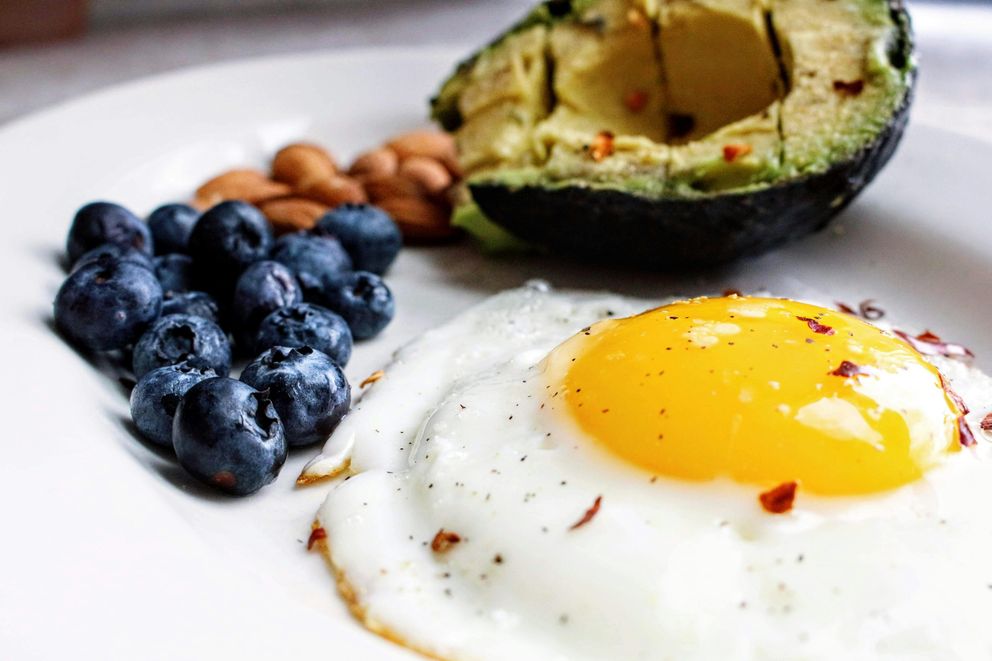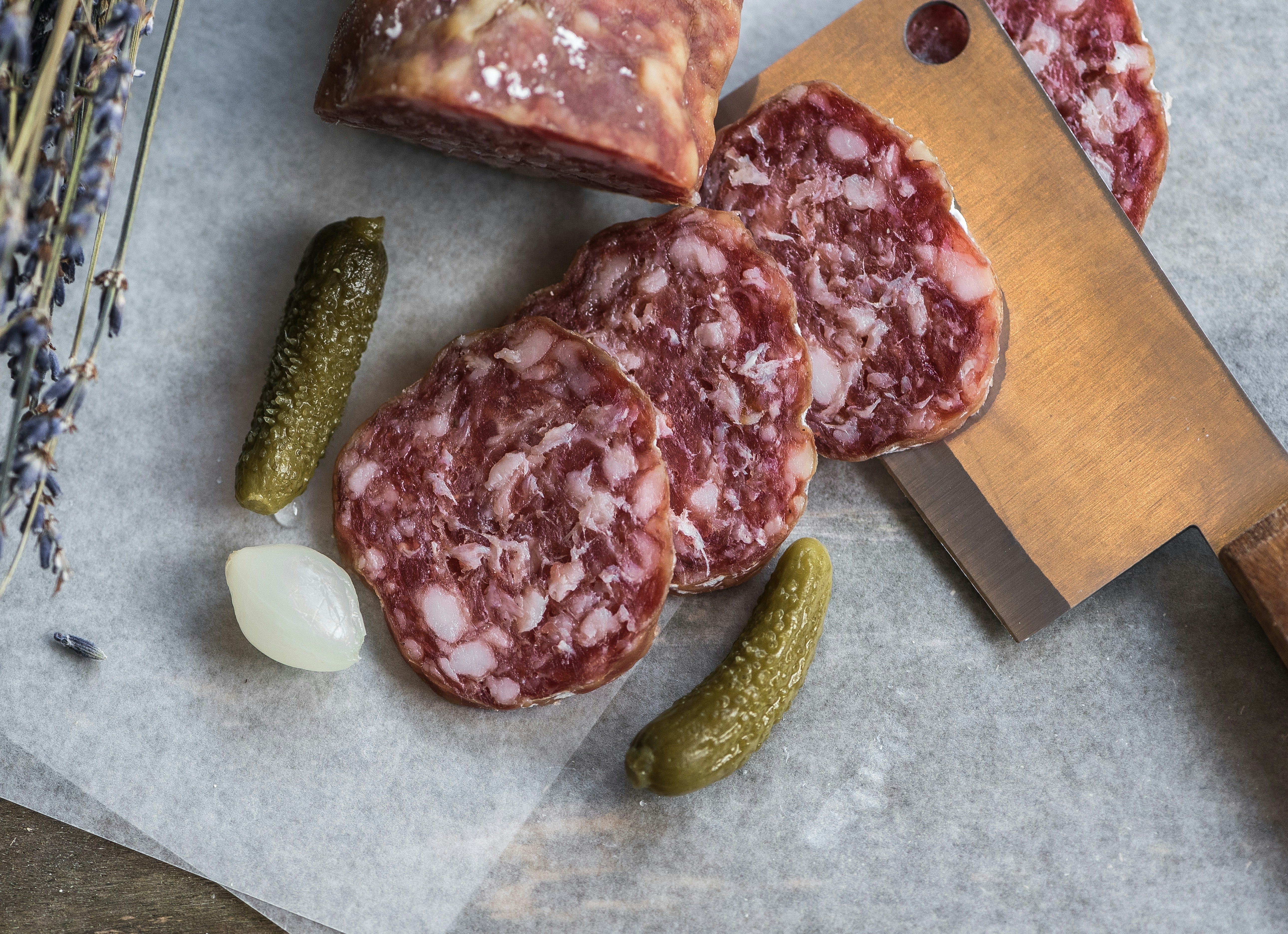
How the Carnivore Diet Impacts Women’s Body Composition: Insights for Fat Loss and Muscle Gain
The carnivore diet is more than just an eating plan—it’s a full-body transformation strategy that can uniquely affect body composition, particularly w...

Are you ready to hear about the latest diet trend that’s perfect for meat lovers? Introducing the Ketovore diet! This fun and tasty eating plan combines the best parts of the keto and carnivore diets. Let’s break it down and see if it’s right for you.
The Ketovore diet is a mash-up of the ketogenic diet (keto) and the carnivore diet. Keto is all about eating high fat, moderate protein, and low carbs to get your body into ketosis. This is where your body burns fat for fuel instead of carbs. The carnivore diet is simpler: eat only animal products like meat, fish, eggs, and some dairy.
Mix these two, and you get the Ketovore diet. It’s a meat-focused way to reach ketosis, mainly by eating animal-based foods. So, get ready for a lot of meat, fish, eggs, and cheese, with very little (if any) plant foods.
Load your plate with:
Skip these:

The Ketovore diet works by reducing carbs and focusing on animal-based foods, aiming to trigger ketosis, where the body burns fat for fuel instead of carbs. Studies show ketogenic diets can lead to significant Weight Loss, with research indicating they’re more effective than low-fat diets for shedding pounds. Ketosis also stabilizes blood sugar levels, which is beneficial for managing conditions like type 2 diabetes.
Plus to weight loss, ketosis may improve mental clarity and cognitive function due to ketones’ efficient energy supply to the brain. The diet’s high-fat, low-carb nature might also reduce inflammation, potentially easing conditions like arthritis. However, cutting out many fruits, vegetables, and grains can lead to nutrient deficiencies, so careful planning or supplements may be necessary. Consulting a healthcare provider before starting is essential to ensure the diet fits your health goals and needs.Benefits and Downsides
Weight Loss Studies show keto diets can help people lose up to 2-3 times more weight than low-fat diets. Imagine the added benefits of a high-protein, satisfying Ketovore approach!
Here are some important factors to keep in mind before diving in:
Sticking to mostly meat can get boring after a while. Variety in food keeps things interesting, and having a limited diet can make it tough to stick to your eating plan.
Studies show that when people feel their diet is repetitive, they’re more likely to stray from it over time. Without different flavors and textures, you might start craving foods you’ve cut out, which could lead to overeating or feeling unsatisfied with your meals.
Not eating plant foods means you might miss out on important vitamins and minerals your body needs to stay healthy. For example, vitamin C, found in fruits and veggies, is crucial for a strong immune system and keeping your skin healthy. Without enough of it, you could develop scurvy, a condition that causes weakness and gum problems.
Other nutrients like fiber, which helps with digestion, and potassium, important for heart health, are also mostly found in plant foods. These gaps in your diet can lead to serious health issues over time if you don’t get enough through careful planning or supplements.
Eating out or going to social events can be tricky on a Ketovore diet. Many social gatherings offer a wide range of foods that may not fit into your eating plan. This can make it hard to stick to your diet without feeling like you’re missing out or causing inconvenience.
Research shows that social factors strongly influence what we eat and how well we stick to our diets. Feeling left out or pressured to eat differently in social situations can be uncomfortable. It might even make you avoid social events where food is a big part of the gathering.

Ketovore is a unique blend of keto and carnivore approaches, but it’s not for everyone. Here’s what you should know before deciding if it’s right for you:
Medical Conditions: If you have conditions like pancreatitis, liver problems, or issues with your gallbladder, the high-fat nature of the Ketovore diet could pose challenges. It’s wise to talk to your doctor before starting to make sure it’s safe for you.
Nutrient Deficiencies: Cutting out many plant foods means you might miss out on important vitamins and minerals. Fruits, veggies, and whole grains provide nutrients your body needs. To avoid deficiencies, you might need supplements or careful planning.
Eating Disorders: The strict rules of the Ketovore diet could potentially worsen symptoms for people with a history of eating disorders. It’s crucial to focus on balanced eating and seek advice from a healthcare pro who understands eating disorders.
Pregnancy and Breastfeeding: The impact of the Ketovore diet on pregnancy and breastfeeding isn’t well-studied. Both phases require extra nutrients that might be lacking in this diet. Talk to your doctor to ensure you and your baby get what you need.
Athletic Performance: If you’re an athlete or do intense workouts, the low-carb nature of the Ketovore diet might not provide enough energy. Some athletes adapt, but others find their performance suffers. Consulting a sports nutritionist can help tailor a diet that meets your athletic needs.
The Ketovore diet is an interesting mix of keto and carnivore principles. It’s great for weight loss and mental clarity but needs dedication. If you love meat and want an easy path to ketosis, give the Ketovore diet a try!
Remember, the best diet is one that’s balanced, sustainable, and fits your unique needs.
A: The Ketovore diet combines elements of the ketogenic and carnivore diets. It focuses on high-fat, low-carb eating primarily from animal-based foods to induce ketosis, where the body burns fat for fuel instead of carbs.
A: The Ketovore diet can be safe for women, but it’s essential to consult with a healthcare provider before starting, especially if you have underlying health conditions or are pregnant or breastfeeding.
A: Yes, the Ketovore diet can aid in weight loss by promoting ketosis, which enhances fat burning. Research suggests it may lead to significant weight loss compared to low-fat diets, though results vary.
A: Potential benefits include weight loss, improved mental clarity, stable blood sugar levels, and reduced inflammation. These advantages can be particularly beneficial for women managing weight, blood sugar issues, or inflammatory conditions.
A: Downsides may include nutrient deficiencies from limited plant foods, social challenges in adhering to the diet, and potential risks like increased cholesterol levels due to high fat intake. Long-term sustainability may also be challenging due to its restrictive nature.

The carnivore diet is more than just an eating plan—it’s a full-body transformation strategy that can uniquely affect body composition, particularly w...

Traveling can make sticking to any diet challenging, and the carnivore diet is no exception. But with a little planning and creativity, it’s entirely ...

Committing to the carnivore diet can be a rewarding journey, but like any lifestyle change, it requires motivation and persistence—especially for wome...

When it comes to weight loss, it’s not just about what you eat, but also how you eat. Across the world, different cultural diets shape the way women a...

Gaining weight isn’t discussed as often as losing it, but for many women, it's just as important and challenging. Whether you're looking to add pounds...